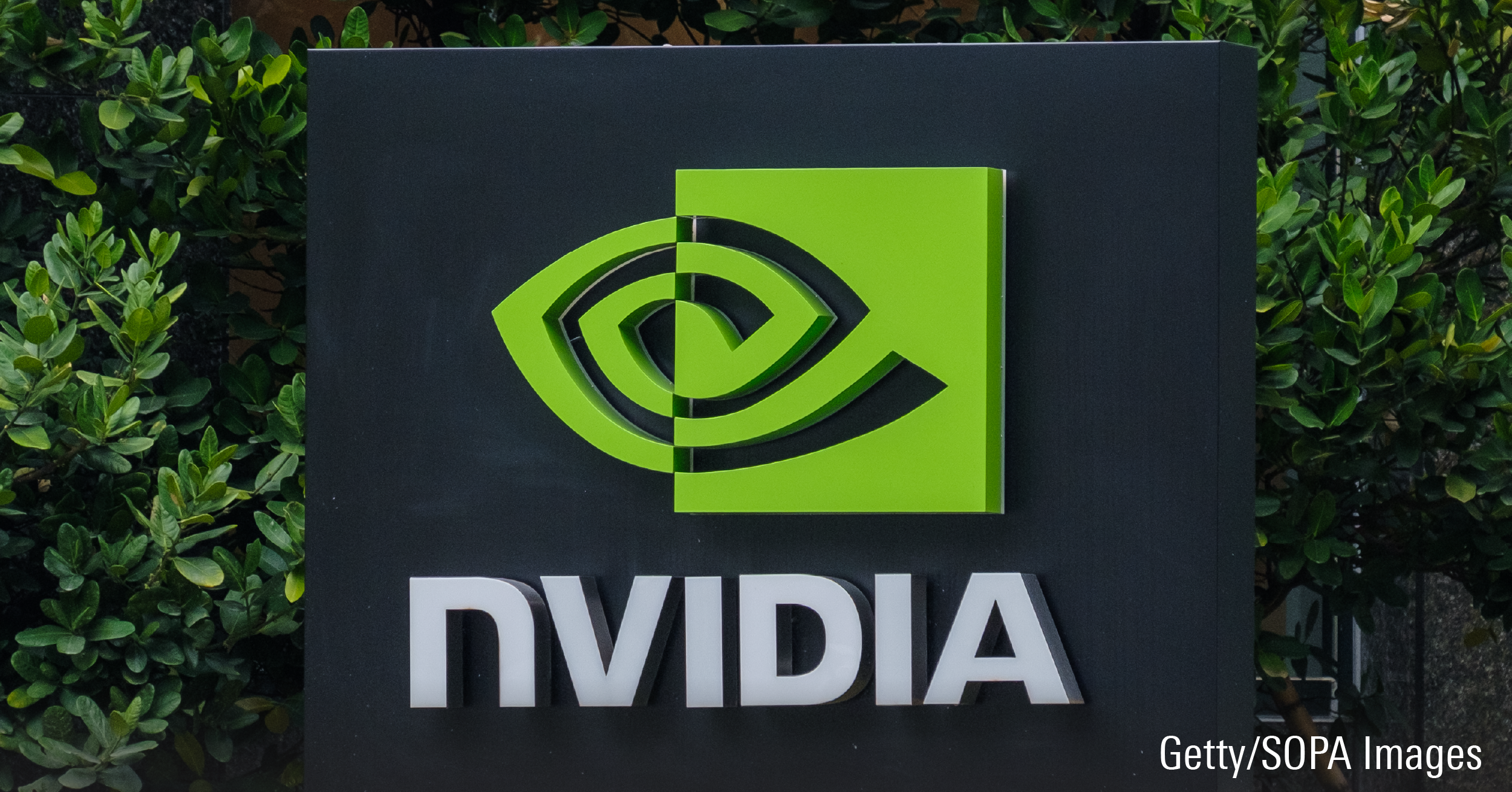On March 10, 2019, a 737 MAX 8 operated by Ethiopian Airlines crashed; this is the second 737 MAX 8 hull loss within the past six months. As it's unclear what brought down the flight, we're not including in our model costs that Boeing could incur redesigning aspects of the MAX and we're also not assuming any airline compensation. We'd note that the 787 grounding in 2013 might have cost Boeing $500 million and given the larger 737 MAX fleet size, we think MAX groundings could cost more than this. However, including a $1.5 billion contingency would shave just 1% off our $337 Boeing fair value estimate. The indefinite suspension of MAX deliveries is the real risk. This would impact a program that accounts for around two thirds of the commercial airplanes operating profit at Boeing. More importantly, such a move could create disruptions across the supply chain, which is gearing up for a 737 rate increase this year.
The Ethiopian flight profile indicates some similarities to the Lion Air flight that crashed in 2018. The Lion Air flight recorder suggested that the Maneuvering Characteristics Augmentation System, or MCAS, which was introduced on the MAX to enhance stability due to its new engine position, might have contributed to the crash. Apparently, MCAS upgrades have been contemplated but it's our understanding that because the Lion Air investigation hasn’t definitively pointed to MCAS, these upgrades haven't taken place. In the wake of this recent accident, it's still unclear whether a redesign or upgrade will be required (or if MCAS is to blame at all). Chinese and Indonesian aviation authorities have grounded their 737 MAXs, and we think this move is significant since this represents around 30% of the global MAX fleet. Depending on whether other authorities ground their 737s and on the duration of the grounding, we think airline compensation could be higher than the 787 grounding, which impacted 50 airplanes, noting that 350 737 MAXs are currently in operation.
At the time of writing, the U.S. Federal Aviation Administration hasn't issued any statements or recommendations for the 737 MAX. After the Lion Air accident, the FAA did issue an airworthiness directive for the MAX in conjunction with an update to Boeing's flight crew operations manual. A grounding of the 737 MAX at the direction of the FAA would certainly hit Boeing shares in our view and when combined with the jets already grounded, such a move would put more than 50% of the MAX fleet out of operation and trigger other aviation authorities to ground their fleets. The flight data recorders have already been found for the Ethiopian flight, and we think the investigation will move forward faster than the Lion Air crash inquiry because the latter occurred over water, necessitating a two-month long search for the recorders.
Artikkelen ble første gang publisert 11.3.2019 på https://select.morningstar.com. Ansvarlig analytiker Chris Higgins, CFA. Boeing ble i 2006 utelukket av Norges Bank Investment Management grunnet produksjon av kjernevåpen.






















